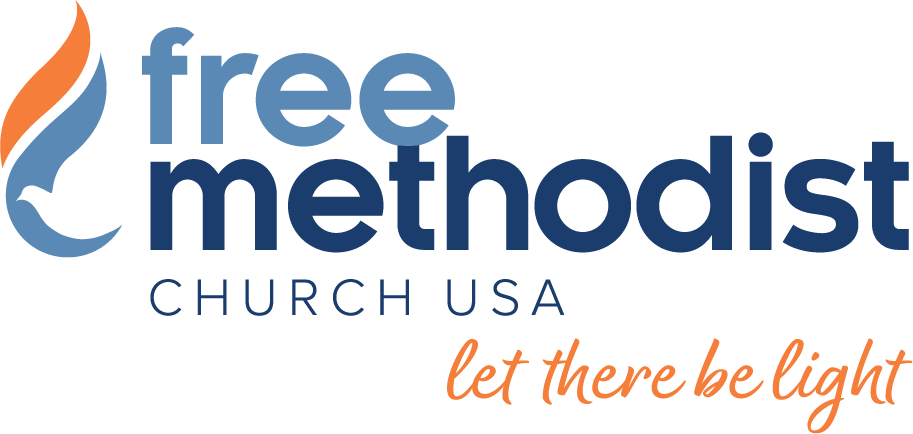The Bishops Call the Church to Prayer
Along with our nation and countries from around the world, we were shocked at the assassination attempt against former President Donald J. Trump and grieved by the loss of life at a political rally this past weekend.
This type of tragedy is another symptom of an increasingly polarized society that repeatedly turns to hate and violence as a way to exert the will of one group over another. As Kingdom people we sense the urgency of the moment and call our churches to prayer. This is not about taking any particular political stance but a call to prayer that God would enable us as the Body of Christ to demonstrate our commitment to God’s will and the kingdom values of peace and unity.
We have been instructed by God’s Word to pray and know the power of prayer. Therefore, we urge you in your local churches to consistently pray for spiritual awakening and a turning to God, which includes praying for the welfare of the country we love and call home. We commend to you Joel 1:14 and 2 Chronicles 7:14-15 as two Scriptures that offer good guidance for this call to prayer.
Let’s cry out to the Lord to see His will done in our land as it is in heaven!
“Declare a holy fast; call a sacred assembly. Summon the elders and all who live in the land to the house of the LORD your God, and cry out to the LORD” (Joel 1:14).
“If my people, who are called by my name, will humble themselves and pray and seek my face and turn from their wicked ways, then I will hear from heaven, and I will forgive their sin and will heal their land. Now my eyes will be open and my ears attentive to the prayers offered in this place” (2 Chronicles 7:14-15).
The Board of Bishops
Free Methodist Church USA

